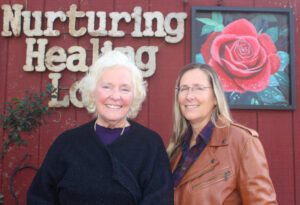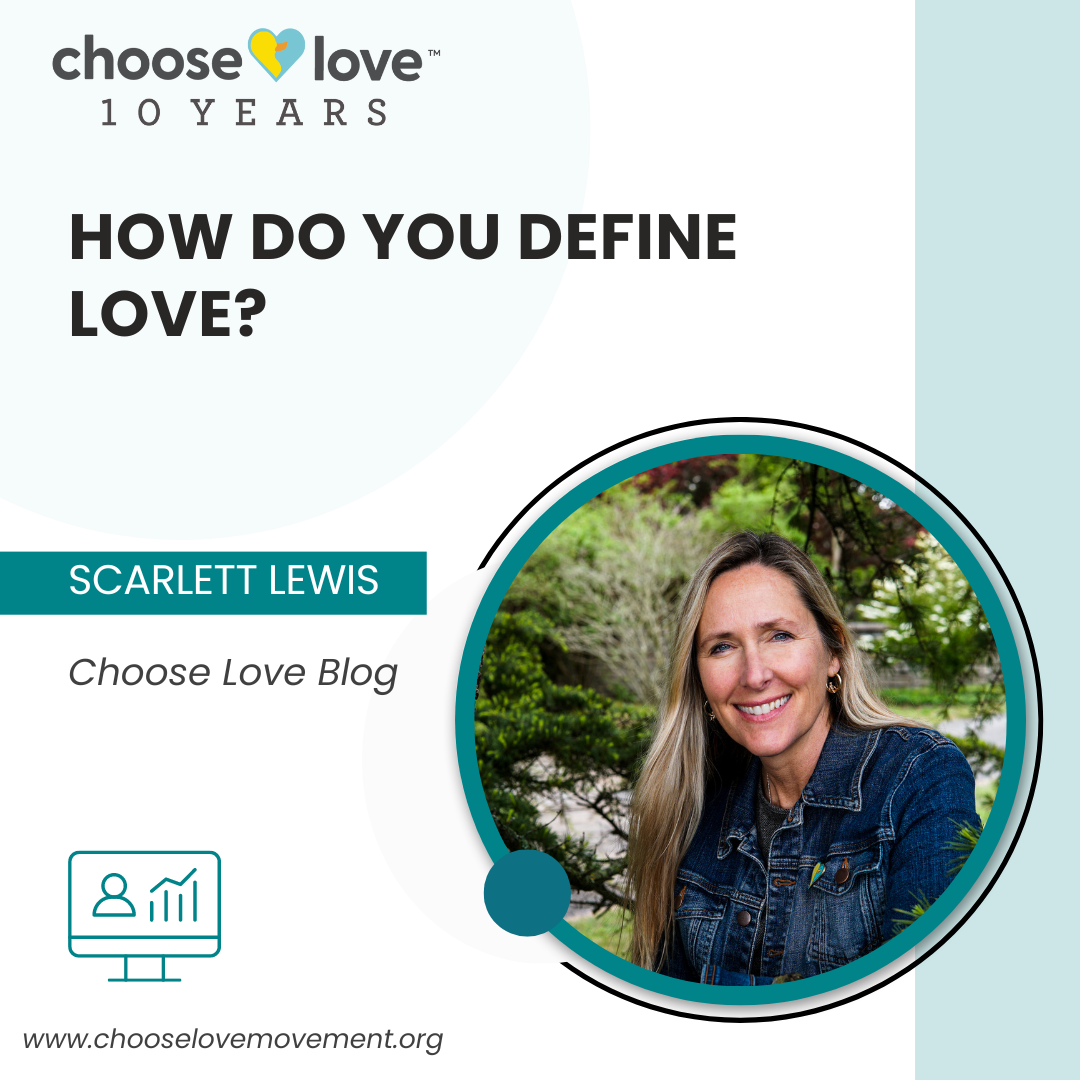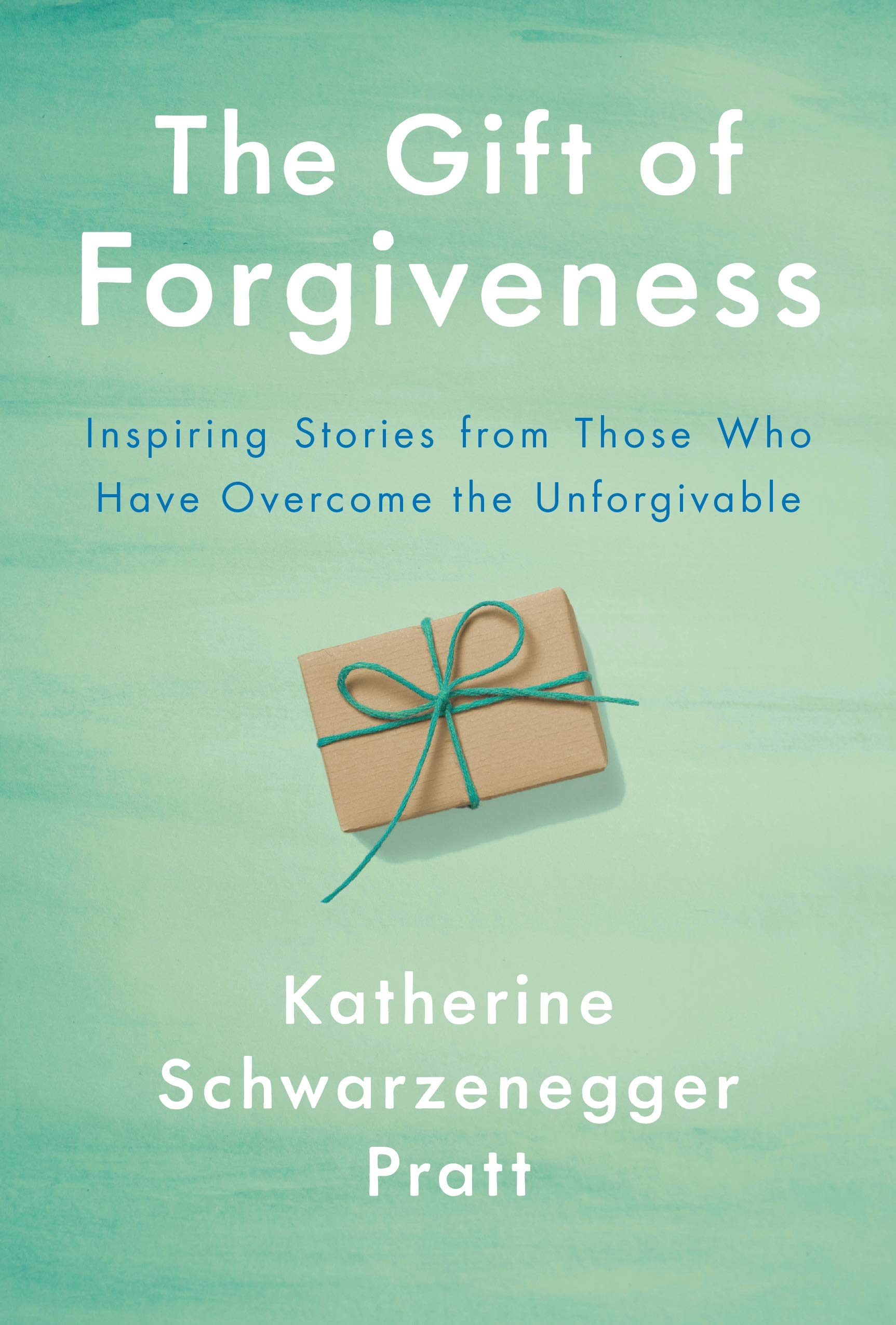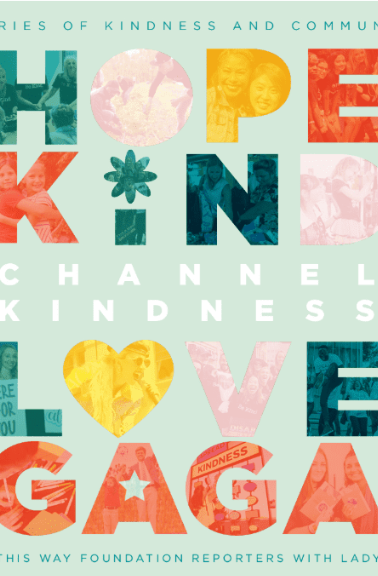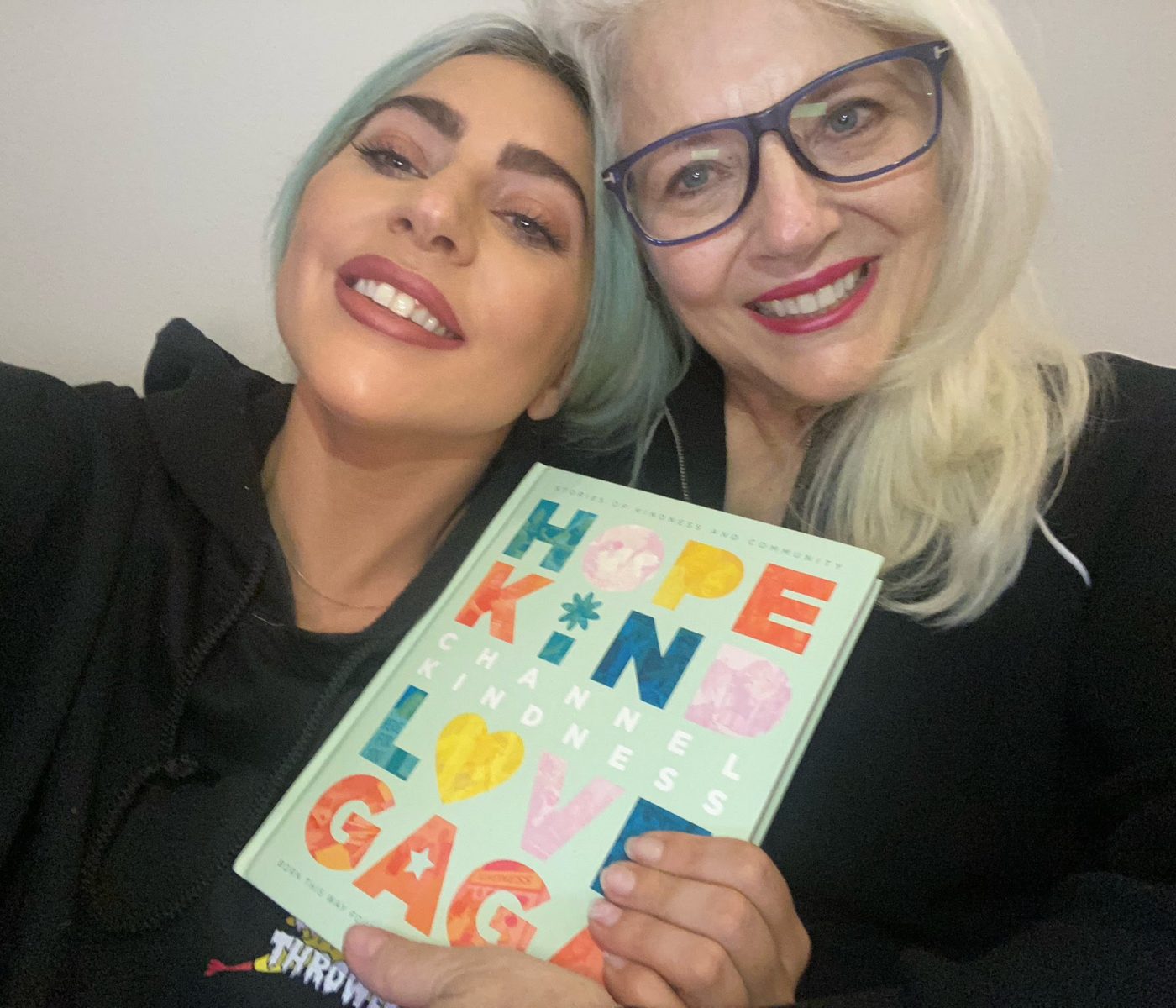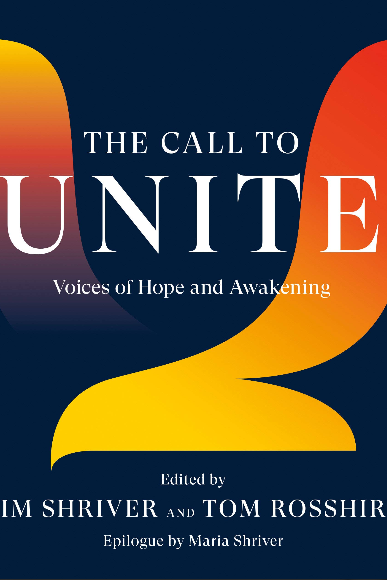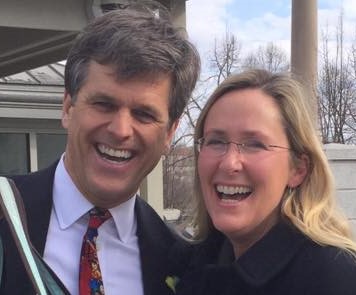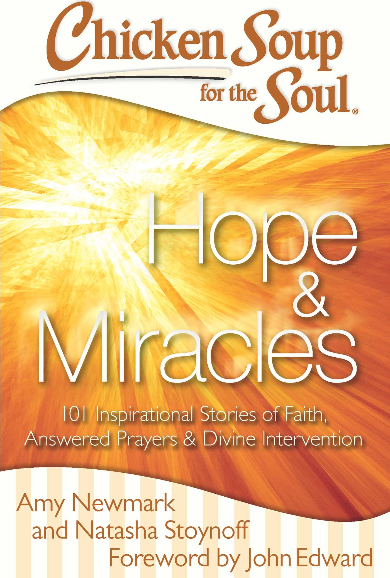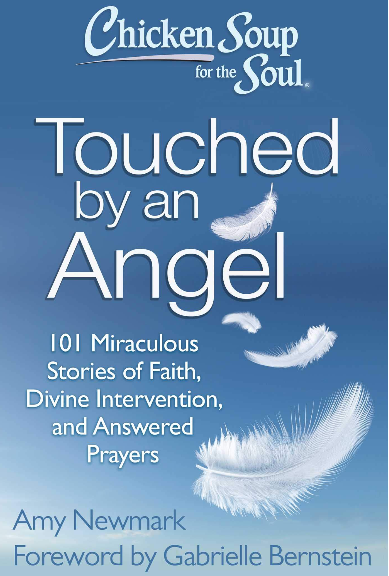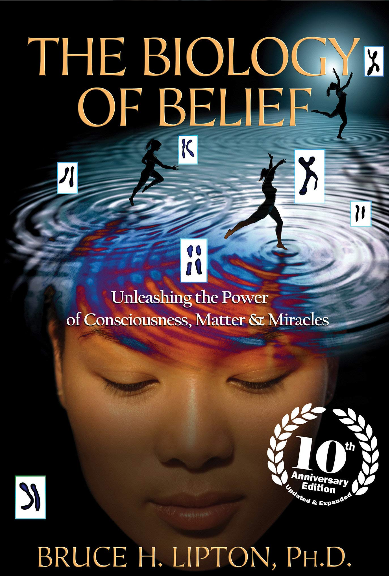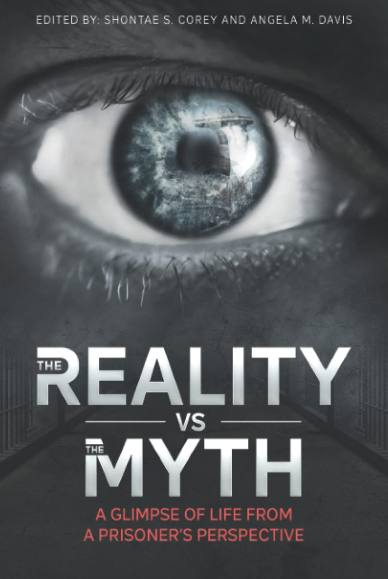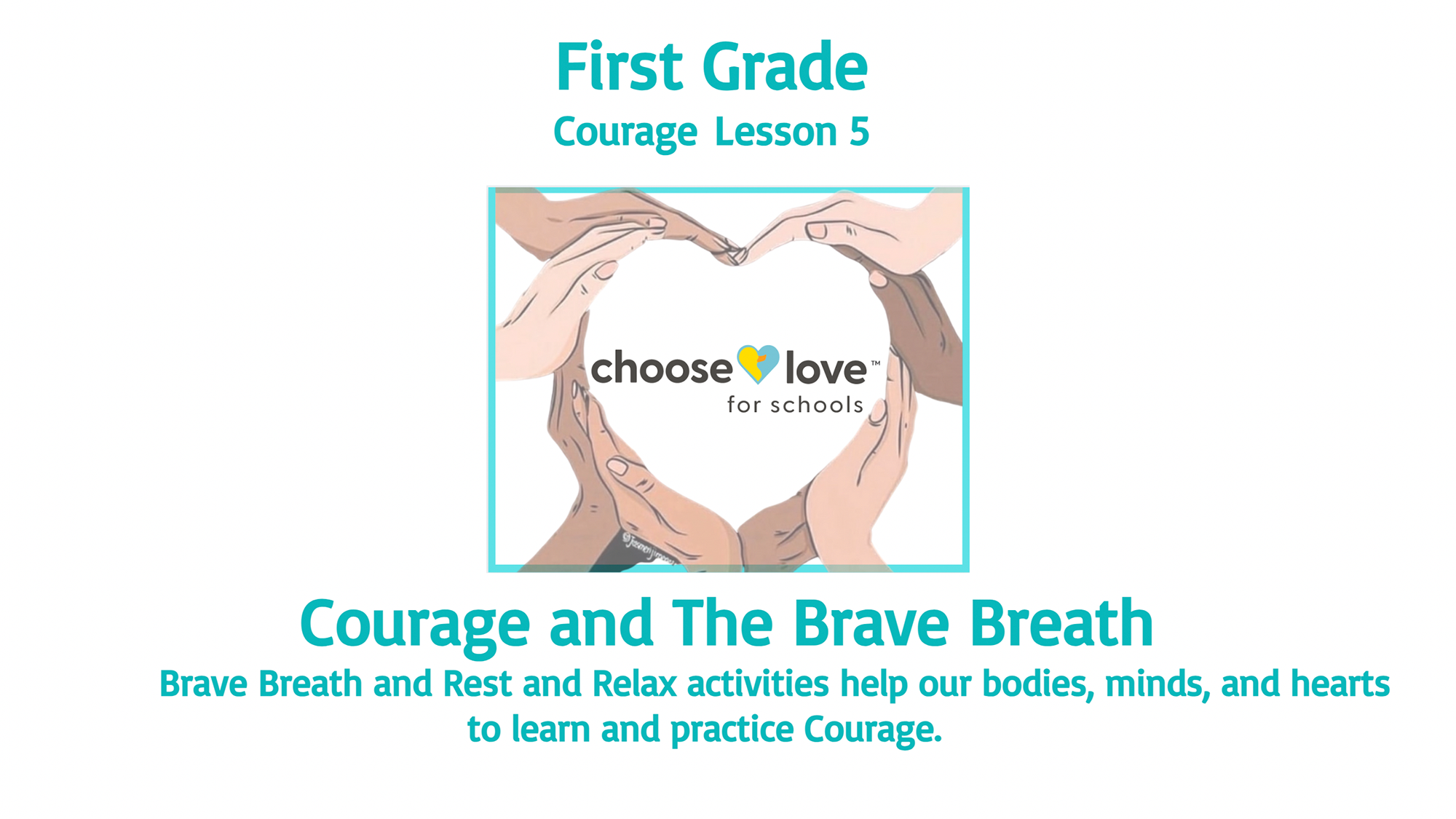by Scarlett Lewis
My mother, Maureen Lewis, recently asked me to define love and, considering I run the Choose Love Movement and teach people how to choose love literally, I thought I might delve into this question. I told her I often referred to love when I was speaking as ‘connection and belonging.’ She responded, via text of course, with this:

Photo credit: Halle Hewitt for StoryCorps
“Defining love is a challenge – but I think you’re right, maybe Donna’s (her grandmother) favorite Bible verse – the beatitudes? The Beatitudes, found in the Gospel of Matthew (5:3-12), are a set of teachings by Jesus Christ that describe the characteristics and blessings of those who follow Him.) It’s an emotional and physical feeling, right? I mean when you’re happy and loved and loving you feel physically fantastic. When you’ve been rejected, betrayed, “exchanged,” deserted, or when someone dies and is gone from your life in that way, you feel miserable, heart-broken, lost, bereft, alone, lonely, like you’re dying, so maybe the definition of love is the opposite of these words/feelings: complete, alive, joined, found, recognized, appreciated, connected, fulfilled, safe, hopeful, complete.”
Then she followed that up with the Christian Bible’s definition in 1 Corinthians Chapter 13: verse 4-8:
“Love is patient, love is kind, it does not envy, it does not boast, it is not proud. It does not dishonor others, it is not self-seeking, it is not easily angered, it keeps no record of wrongs. Love does not delight in evil but rejoices with the truth. It always protects, always trusts, always hopes, always perseveres.”
‘Love never ends’ is carved onto a granite bench that sits facing Jesse’s grave where I often go to sit and reflect.
We can look at other major religions as well.
In Islam, the love for Allah (God) is considered the highest form of love, emphasizing devotion, reverence, and obedience. Love for fellow human beings is encouraged, encompassing kindness, compassion, and empathy. Islamic teachings highlight the importance of love for the sake of Allah and the responsibility to treat others with fairness, justice, and mercy.
Buddhism emphasizes the concept of love in the form of compassion and loving-kindness. Love is regarded as an attitude of genuine care, warmth, and goodwill toward all beings. Buddhist teachings stress the cultivation of love and compassion as means to alleviate suffering, develop inner peace, and foster harmonious relationships.
In Hinduism love is often expressed through devotion toward the divine. It invokes a deep sense of reverence, surrender, and worship. Love is seen as a unifying force that connects individuals with the divine and with all of creation. Hindu scriptures also emphasize the importance of love and respect within family relationships and society.
Judaism emphasizes the commandment to love God and one’s neighbor. Love is considered a foundational value in building relationships and communities. It involves acts of kindness, justice, and care for others. Love in Judaism is connected to the concept of covenant, emphasizing a reciprocal relationship between ‘God and humanity.
Love varies among different traditions, sects, and individuals. There are diverse perspectives on love that highlight its significance in fostering spiritual growth, ethical behavior, and harmonious existence.
Love is a human centric quality that unites and is rooted in our innate capacity for empathy, connection, and care. Love transcends religion as it is the foundation upon which humanity is built. It is a guiding principle for ethical behavior and promoting the well-being of individuals and communities. Love is a motivating force for acts of kindness, generosity, and compassion towards others. Love is a profoundly human experience, encompassing deep emotional connections, care for others, and a commitment to fostering positive relationships and well-being. It is a concept that holds immense value and significance in the context of human lives and relationships, regardless of religious beliefs.
Essential elements that lead us to love include gratitude, forgiveness, and compassion in action. And we know without love, we suffer.
Love is a willingness to sacrifice for the benefit of others. It can bring joy, fulfillment, and a sense of purpose to our lives.
Love is not just an emotion, but can also be seen as a choice, an action, and a commitment to nurturing and sustaining relationships. It has the capacity to heal wounds, bridge differences, and inspire acts of kindness and compassion . Love holds the potential to create deep connections, foster understanding, and promote a sense of belonging. It is a fundamental aspect of our shared humanity and a source of immense joy, meaning and fulfillment in our lives.
Nurturing Healing Love (Norturing Helinn Love, Jesse Lewis) has the ability to heal our individual lives, communities and world. What individuals across the globe have found amazing is that we can choose love for ourselves as well as those around us. Learn how at
www.ChooseLoveMovement.org.
